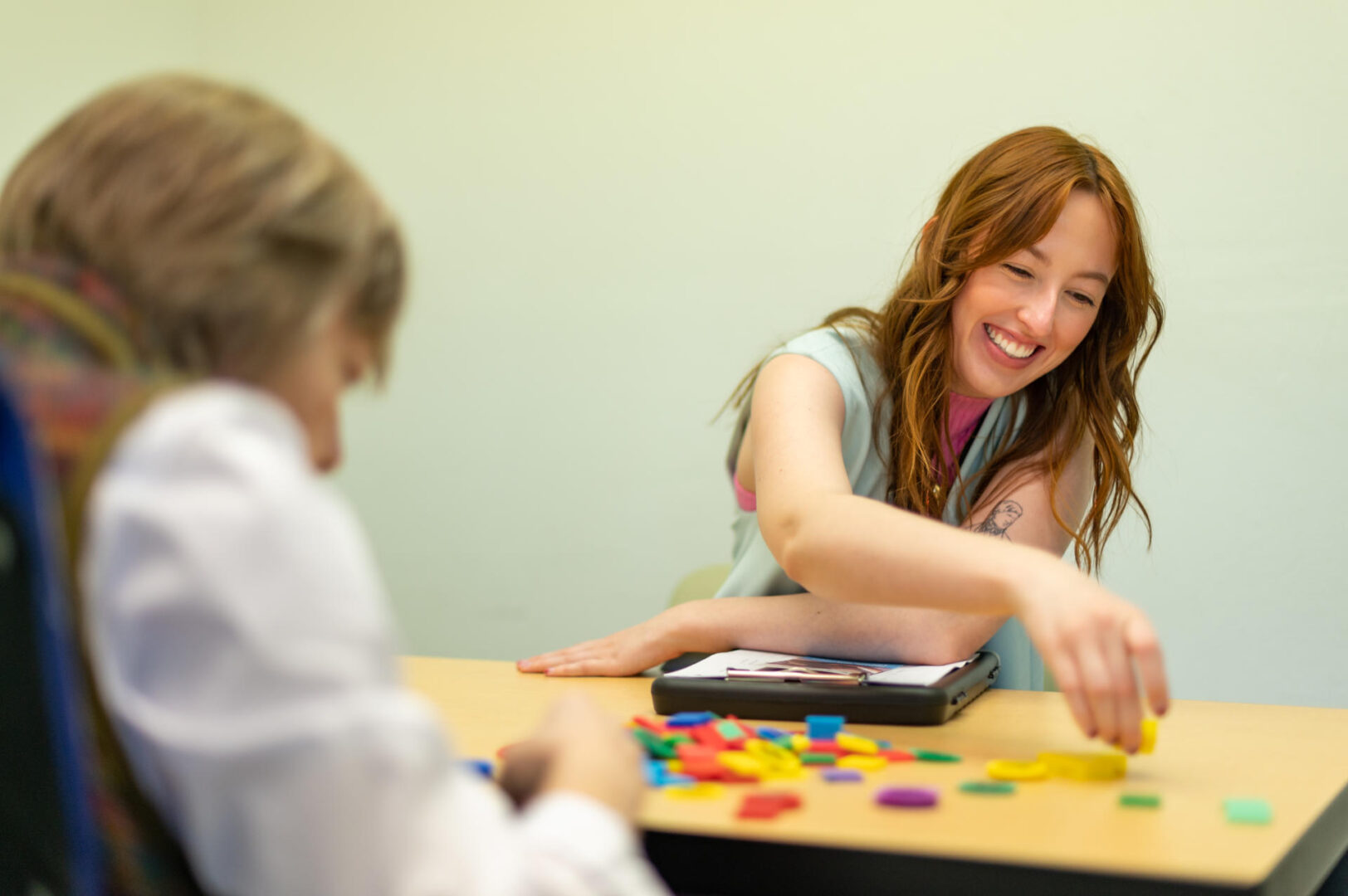Celebrating 75 Years of History, Impact in the Field of Speech-Language Pathology
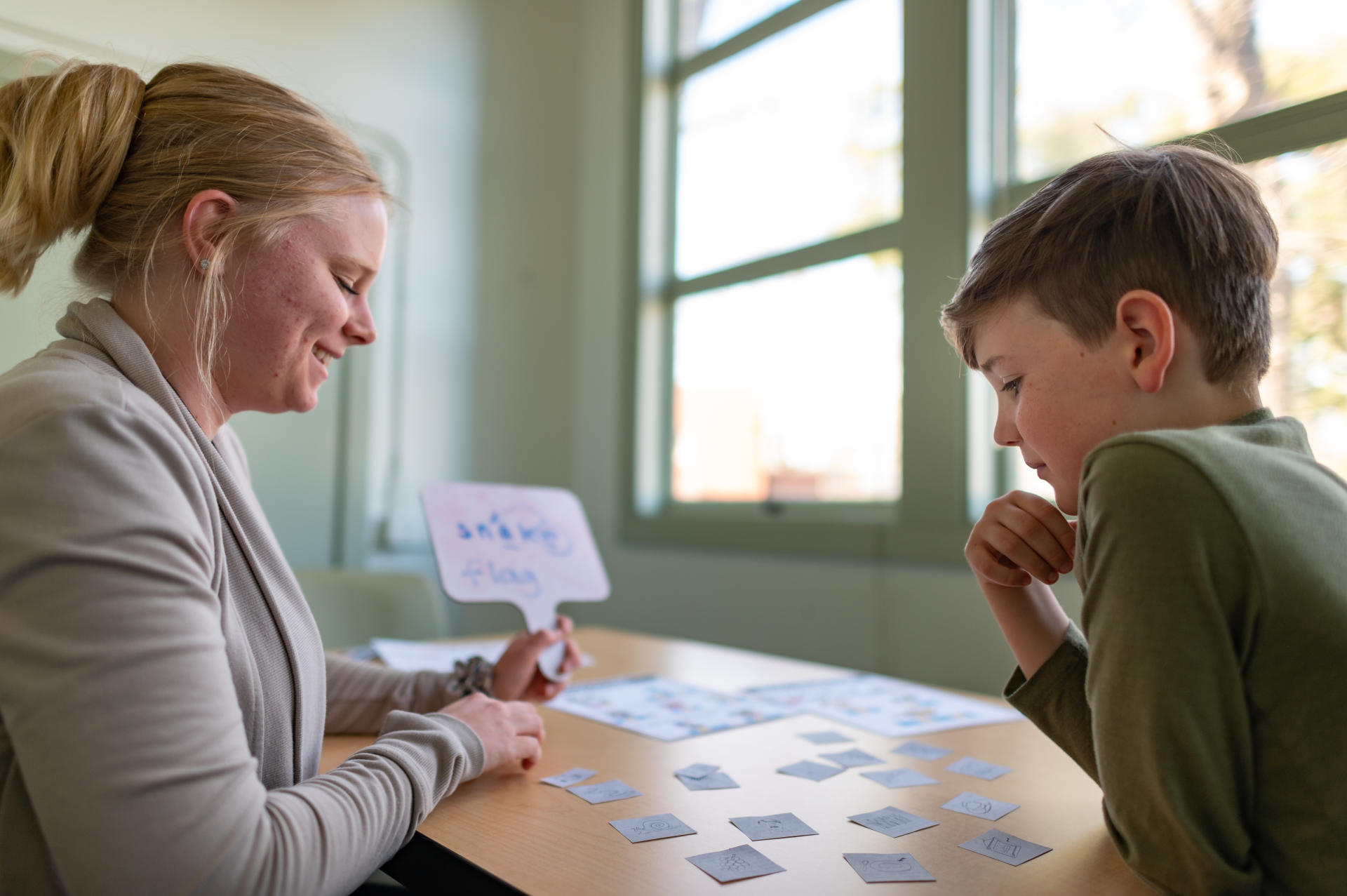
Chico State was the first choice on Professor Jessika Lawrence’s list of places she wanted to begin her teaching career.
As a student in the Communication Sciences and Disorders (CMSD) program, her experience was transformative and helped her achieve goals she didn’t know she could set for herself, said Lawrence (Communication Sciences and Disorders, ’99; MA, Communication Sciences and Disorders, ’01).
“I wanted to join a university that puts students first, focuses on student success, and supports faculty and students on this journey,” she said.
For 75 years, the University’s CMSD program has done just that, while educating high-quality professionals and providing free critical speech, language, and hearing services to the North State.
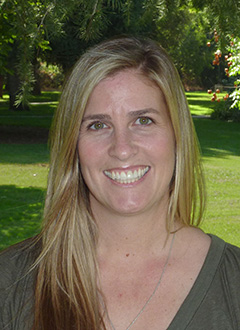
“I truly believe the program’s continued success is due to dedicated faculty and students,” said Lawrence, program director for CMSD. “Faculty who are willing to push themselves and the program to remain at the forefront of the profession, and students who are eager to learn and motivated to make a difference as speech-language pathologists (SLPs).”
The field of communication sciences and disorders is concerned with the prevention, evaluation, treatment, and research of human communication and its disorders. CMSD students go on to careers in a diverse and rewarding field that includes private practice, schools, hospitals, and medical centers, working with clients of all ages.
Amber Smith (formerly Amber Spooner) (Communication Sciences and Disorders, ’10; MA, Communication Sciences and Disorders, ’12) knew she wanted to be a speech-language pathologist by her senior year of high school.
She researched programs and visited campuses throughout Northern California, including Sacramento and Sonoma. Smith chose Chico State because its comprehensive CMSD program offered both adult and pediatric studies, as well as training to work in either a medical or school setting.
“Our field of work is incredibly wide,” Smith said. “Chico State’s CMSD program allows you to explore multiple career paths based on one degree.”
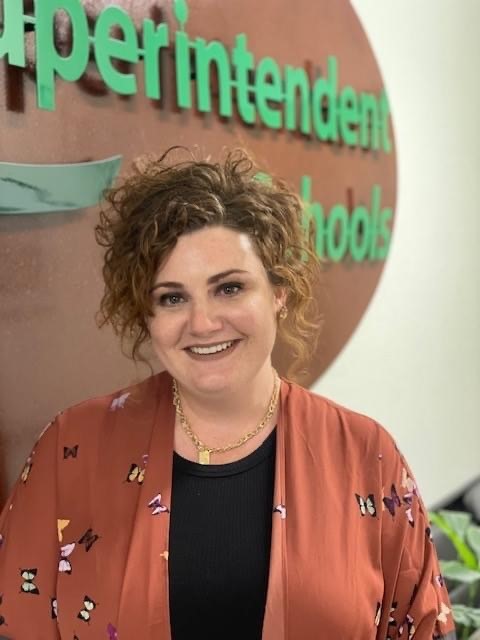
Smith began her career providing inpatient therapy speech and language services at Rideout Memorial Hospital in Marysville, then moved on to post-acute rehabilitation. After becoming a mother and seeing the impact SLPs have on children, Smith moved into the school setting. Currently, she provides speech and language therapy services for the Brittan Elementary School District as an SLP employed by Sutter County Superintendent of Schools.
“I always felt prepared for any new position I stepped into,” Smith said. “As I transitioned from the medical field to the school setting, I relied on my skills and the foundational knowledge I gained from my time at Chico State. I’m proud of my confidence as a speech-language pathologist, and it comes from the outstanding education I received and the fact that my coursework had practical applications.”
Accredited by the Council on Academic Accreditation in Audiology and Speech-Language Pathology, Chico State offers a BS and MS in communication sciences and disorders. It is the only program that graduates sought-after SLPs between Sacramento and southern Oregon. Our students largely serve the rural North State region, which would likely be severely underserved without Chico State graduates.
Judy Brasseur, who taught in the CMSD program for 30 years, served as clinic director among her many roles in the department. Helping the program get accredited, she saw the program adapt over the years, but always in the best interest of students and clients. All these years later, Brasseur is glad Chico State continues to provide SLP services at no cost to the community.
“The campus clinic has always been an asset to the North State,” she said.
The CMSD program has changed vastly since its inception, Lawrence said. Changes in the program have been driven by changes in the profession and the formation of accreditation standards. The profession of speech-language pathology used to require a bachelor’s degree to practice clinically, but now the minimum required degree is a master’s degree. When this change occurred, Chico State started a master’s program and began operating an on-campus clinic to provide students with the necessary hours to meet accreditation standards.
One of the highlights for Smith and other Chico State graduates is their time spent at the Clinic for Communication Disorders. Students work alongside faculty to provide free diagnostic and treatment sessions to community members in need of SLP services.
CMSD graduate student Jonelle Agelopoulos (CMSD, ’22) is currently completing an internship providing speech-language therapy to fourth through eighth graders. She said the clinic gave her the confidence and experience she needed to work with clients.
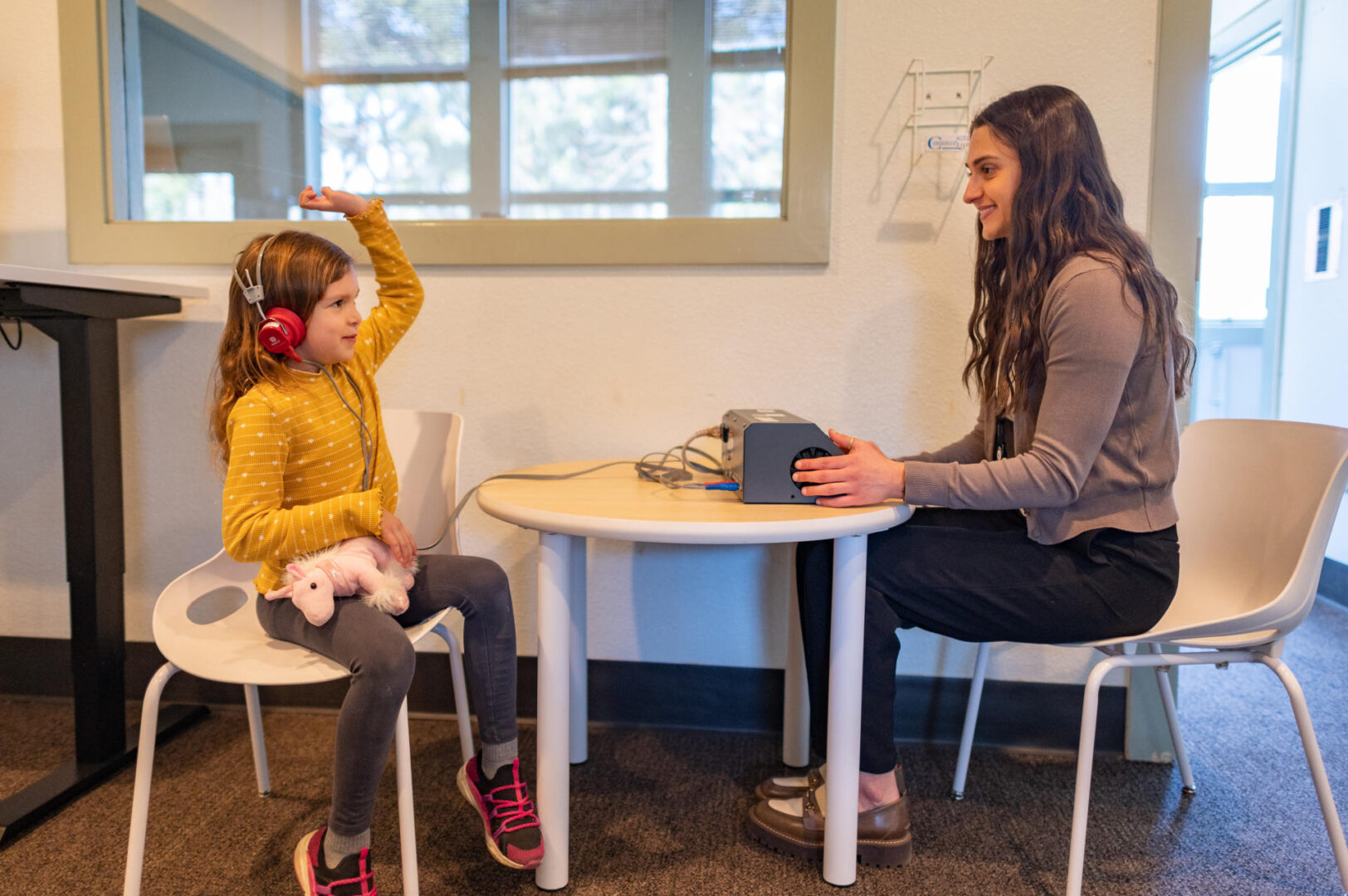
“This program, specifically the on-campus clinic, is such a cool experience,” she said. “You get to provide free services to people who need it, and you get to help them. It’s a rewarding experience, especially when you are starting out, and it’s a huge confidence booster.”
Each student had two clients—an adult and a child, Smith said. It was the first experience CMSD students had applying the innovative therapies and techniques they were learning in class.
“This is your client, but you also have your supervisor right there if you have a question or if you need them to troubleshoot with you,” she said. “It was a safe place to learn and apply and make a difference with people. I think that’s the beauty of the success of the on-campus clinic—it’s a great resource for the community and for those who use it because you get to receive the most cutting-edge therapy and the students are excited to apply it, but then you still have the expertise of the supervising staff there.”
Although Albert King of Oroville hasn’t been an official client of Chico State’s Clinic for Communication Disorders, he said he has benefited greatly from the CMSD program.
He began receiving speech therapy in second grade to help him with his stuttering. His mother, a speech therapist herself, contacted Professor William “Bill” Shrum, who was then the director of what was then called the Speech and Hearing Clinic at the University. King still remembers working with Shrum and visiting Chico State.
“He had a big impact on me,” he said. “I was young, but I still remember our classes together like it was yesterday. I would also say that probably a lot of the speech therapists I have had all came out of Chico State. The (CMSD program’s) impact on me and my family has been huge.”
